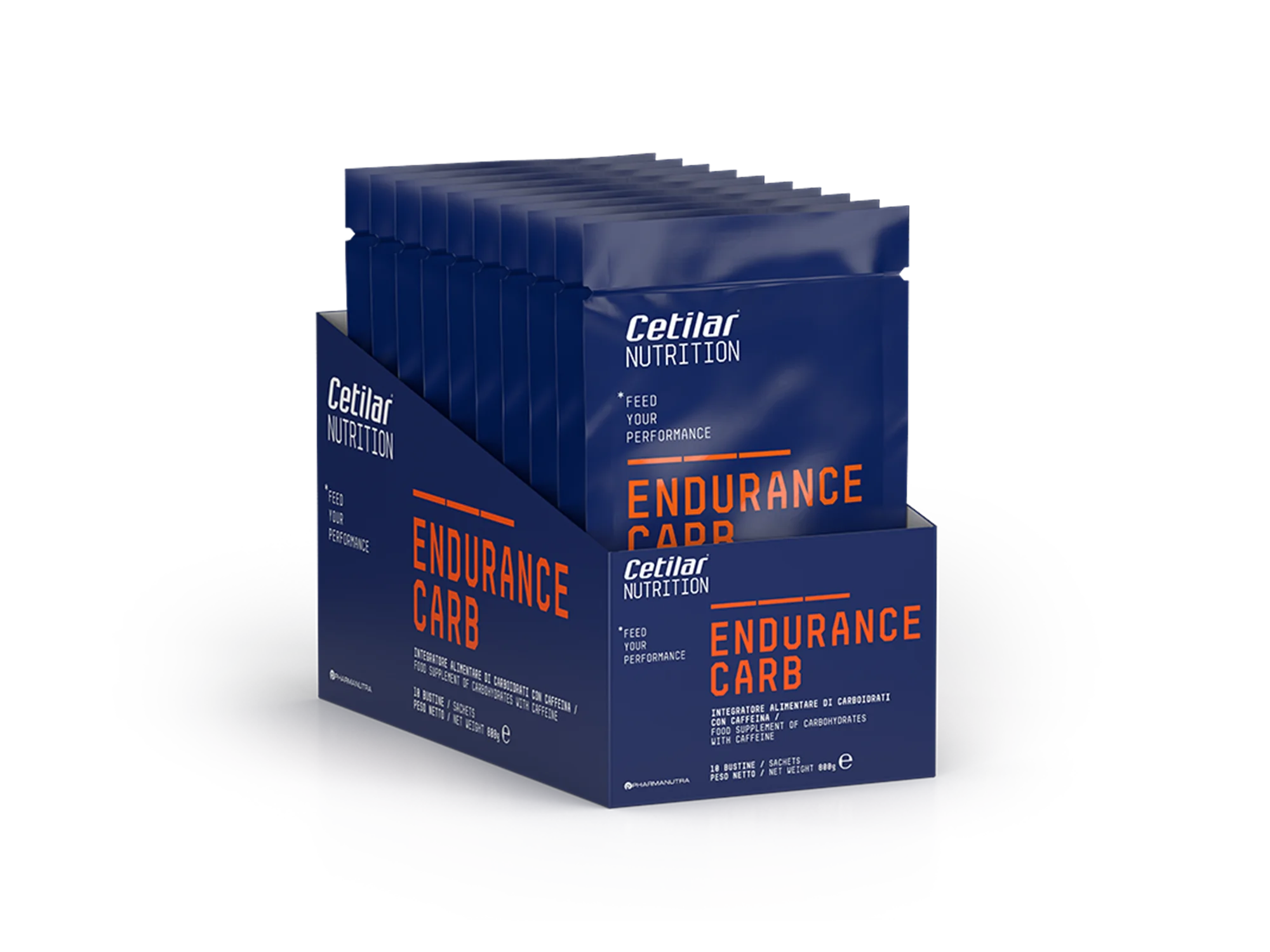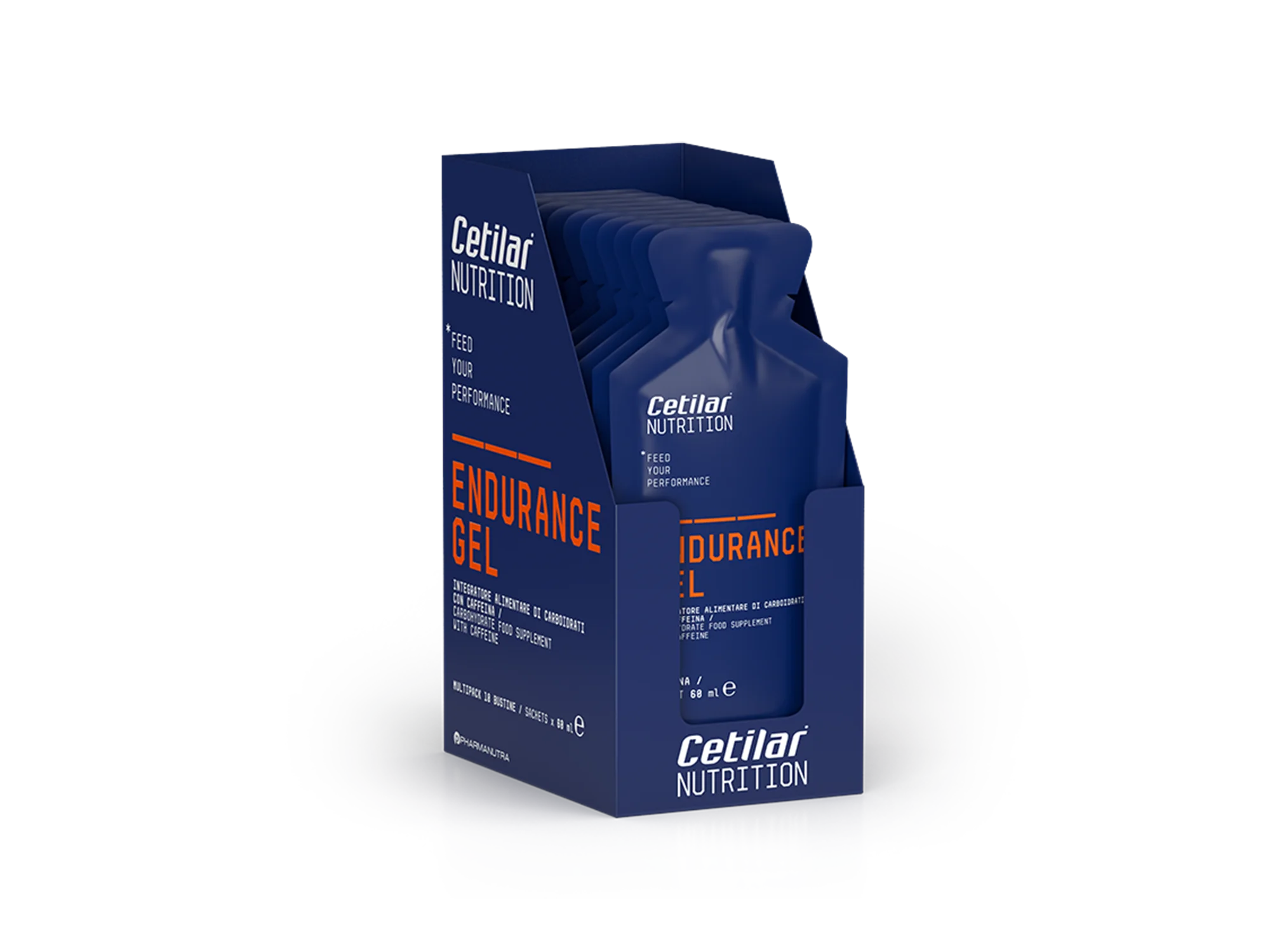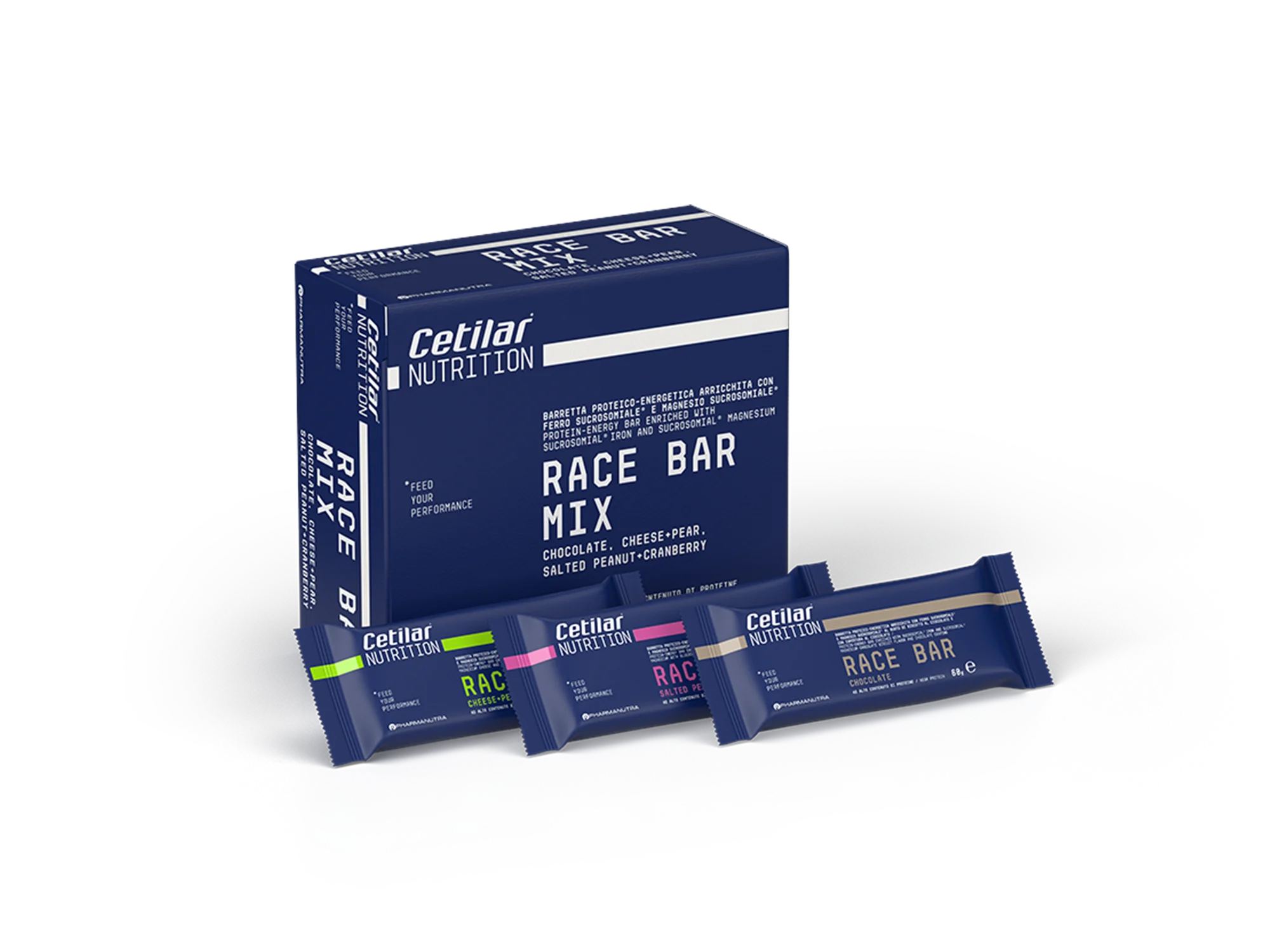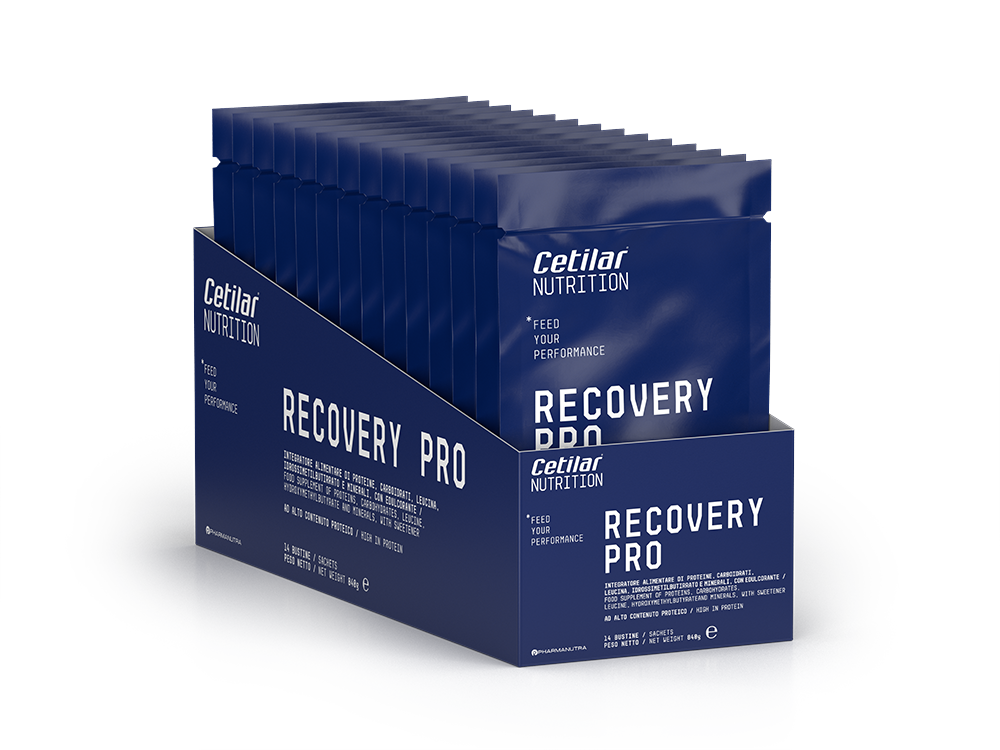Football: secrets for a proper diet to give you more energy during matches
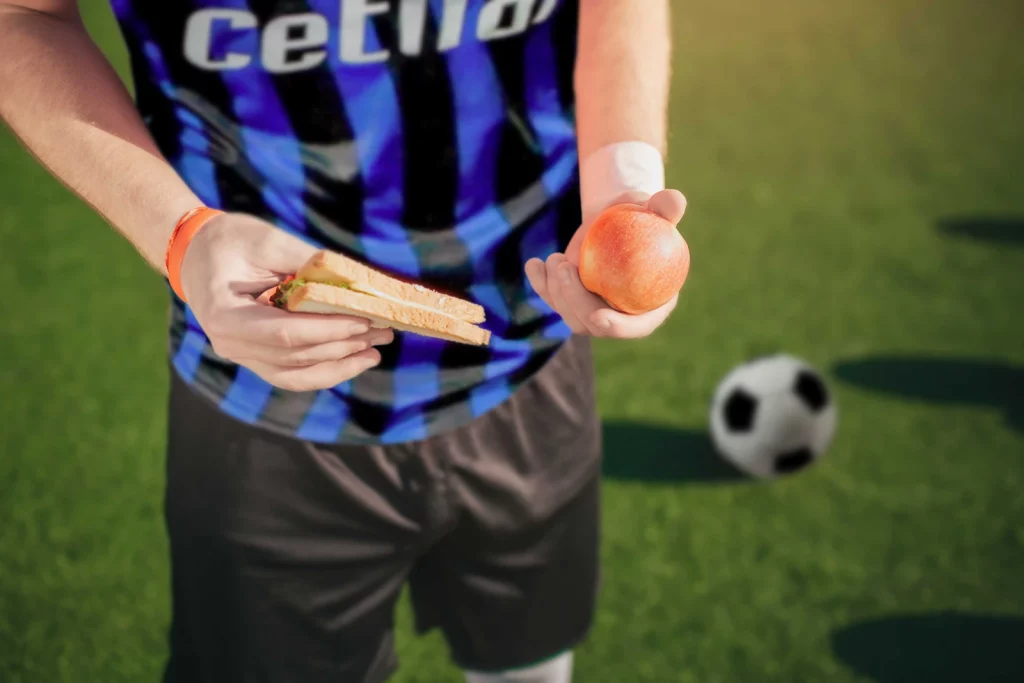
The sports diet is a crucial aspect for the physical well-being of both amateur and professional footballers. Once again, correct sport nutrition must be balanced and gauged to keep performance high on the pitch.
Of our total weekly calorie intake, approximately 55-60% should come from carbohydrates, predominantly cereals, tubers and pulses, and to a lesser degree simple sugars like jam and sweets; about 15% should come from protein foods from a combination of animal and plant sources; and 25-30% should come from lipids – oils and fats of various kinds – which are essential for giving our body energy, protecting our vital organs and transporting vitamins.
What to eat before a game?
In order to have more energy during matches, at least three hours beforehand it is advisable to eat a meal that is rich in carbohydrates, equal to about 2.5 g per kilo of body weight. It is best to avoid complex preparations and inappropriate combinations, as well as too much fat or protein, which would slow digestion. Steer clear of fibre-rich fruit and vegetables to avoid bloating and gas on the pitch. And, it goes without say, no alcohol, which dulls cerebral functions and gives a sensation of euphoria that impairs athletic performance. Plain rice, boiled carrots and bresaola are an ideal meal.
And during the match?
During the game, footballers must use a combination of different nutrients to produce the energy required to sustain their physical activity. Therefore, in addition to keeping well-hydrated during the match by drinking water when possible, it is also advisable to drink beverages that are rich in carbohydrates and sugars. For example, we have developed Hydrate Fast, the orange-flavoured powder containing sodium, magnesium and other mineral salts in a handy stick pack that is ideal for keeping well hydrated and maintaining performance during matches.
What to eat after a match?
After a game, the most important thing is to drink to hydrate yourself properly. However, for physical well-being the recovery phase must not overlook post-match nutrition. On the one hand, we need to repair the muscles and, on the other, we must replace the fluids lost with sweat through proper rehydration. The ideal meal? A combination of carbohydrates, proteins, fluids, fruit and vegetables. A few tips: toast with eggs, hummus with cereals, or alternatively a protein shake.
Our protein-energy bars are an ideal solution. These 60-gram bars have a balanced 40-30-30 macronutrient formulation with a high protein content.
Better rest for better performance
Just like a proper sports diet, sleep also improves a footballer’s performance. Unless you are well rested, with at least 8-9 hours of sleep behind you, you will not have the physical and mental energy to give your best during physical activity. Sleeping badly brings a risk of chronic tiredness and concentration difficulties during training and, in the long run, being poorly rested also increases the risk of injuries.
This is why, just before bedtime, it is best to reduce the use of electronic devices whose light generates stress and to stick to a routine, in order to guide your biological clock. It is just as important to have dinner at a suitable time, as well as to avoid stressful activities and reduce the use of caffeine, nicotine and alcohol. To improve sleep quality, Cetilar® Nutrition has developed Night Restore, a dietary supplement containing UltraMag® and Lactium® to provide a natural response to states of stress, agitation and sleep disorders.
